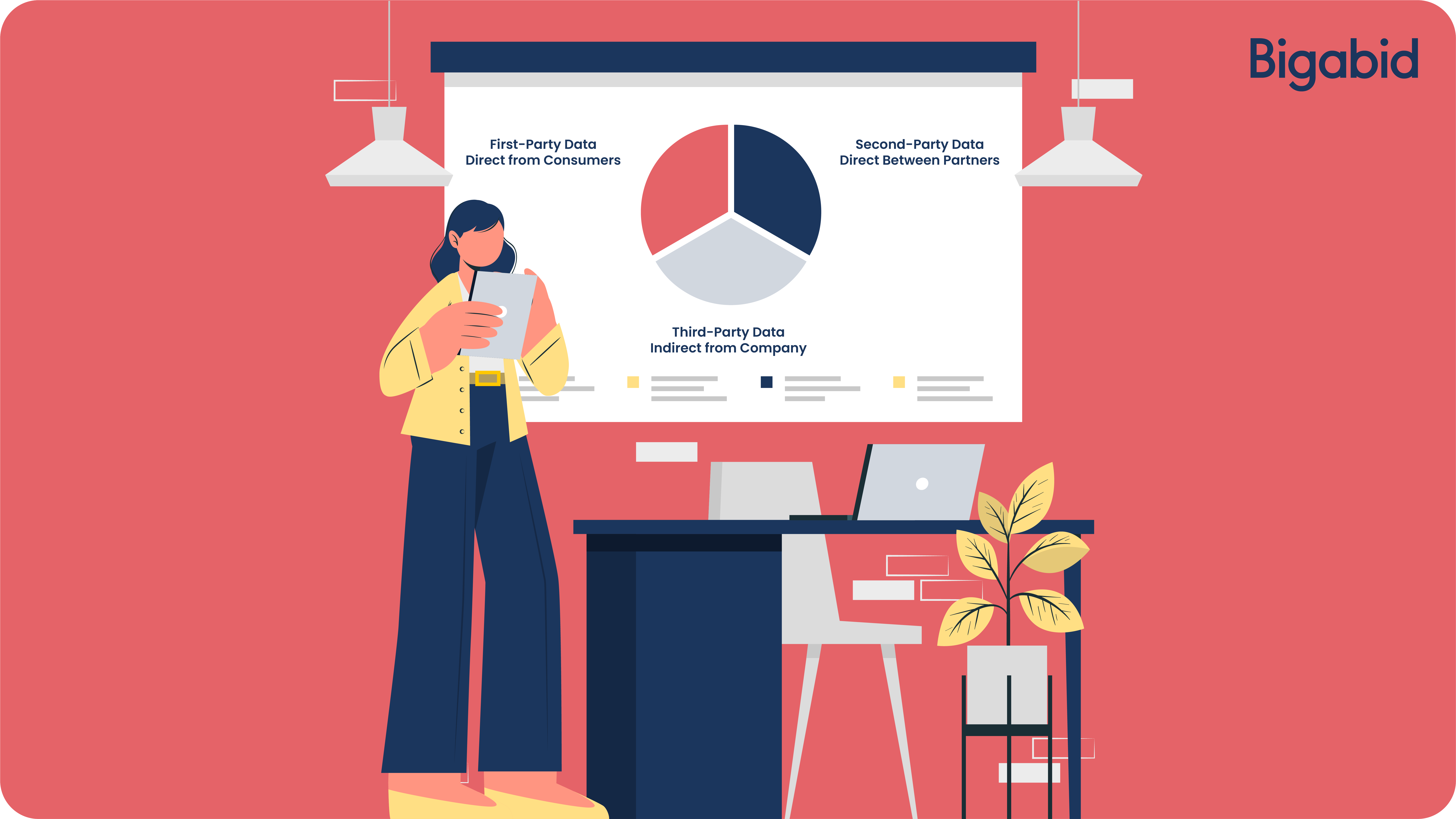The Importance of First-Party Data for Mobile Gaming
By Ido Raz, Founder & CSO
“We’ve experienced at Bigabid that when a partner sees firsthand how we use first-party data, our mutual trust increases. When we learn how to best utilize that data together, we can reach higher and higher benchmarks.“
The Importance of First-Party Data for Mobile Gaming

By Ido Raz, Founder & CSO
The mobile gaming world is evolving rapidly. For mobile gaming app marketing, first-party data is more valuable than ever before. Recent mergers and acquisitions involving gaming companies like Microsoft and Activision Blizzard and advertising companies like AppLoving, IronSource, and Zynga have furthered the shift towards the use of first-party data. All these companies now have 1:1 access to first-party data from their in-house catalog of mobile gaming apps and advertising tech. The most successful developers are reducing their reliance on spendy and often inaccurate third-party data by incorporating first-party data and the latest machine learning user acquisition and retargeting technologies.
This article will briefly outline:
First-party data is the information game developers and marketers collect directly from their mobile gaming app audiences. Most often, the data comes from customers acquiring, converting, or playing within a mobile gaming app. A company can use this data (digital interactions, conversions, purchase history, location, preferences, etc.) to create ads, content, and experiences catered to an audience’s interests.
Second-party data is the same as first-party data only transferred to a trusted partner. It isn’t sold openly so it can provide outstanding value in working with a DSP (demand-side platform) for user acquisition and retargeting campaigns.
Third-party data doesn’t come from the direct relationship between customers and companies. It comes from an outside source that has collected the data from a variety of sources, which is aggregated, segmented, and sold to various companies for their own advertising use.

Partially from the boost of first-party data’s rise, the state of the gaming app market is stronger than ever and growing exponentially. Despite a couple years of a pandemic and Apple shaking the tree with major privacy changes, spending has been up in all channels.
According to Business of Apps, marketers for user acquisition campaigns spent over $14.5 billion on mobile games. And with Apple’s privacy changes, marketers focused on Android even more last year with an increase in spending of 35%.
As marketers continue to spend on mobile games so are the consumers. eMarketer reports that in 2021 over 200 apps have had a consumer spend of over $100 million with 75% of those apps being mobile games.
Globally, consumer spend reached roughly $170 billion on apps last year and mobile games accounted for roughly $116 billion of that spend. Despite a tumultuous global crisis and a post-IDFA environment, that’s a whopping 700% increase from roughly $15 billion on mobile games in 2020. The trend to utilize first-party data has has been a key aspect to the growth of the mobile gaming app market.
Apple’s ATT (App Tracking Transparency) prevents mobile apps from tracking users without their explicit consent. Apps receive permission from users through a pop-up form asking for permission to track the user across apps. Today, users most often opt-out.
Discover the latest about users opting in or out in App Tracking Transparency UX Showdown.
Without access to app tracking, gaming app marketers must rely on first-party data more than ever to accurately cater to the right audiences. But this isn’t all bad. The reliance and use of first-party data has many benefits:
Check out Bigabid’s proprietary technological approach to this in Real-Time Data Analysis.
Considering the expense that often incurs buying third-party data and the likelihood that it is less accurate or usable, first-party data is becoming a must for any major gaming app marketing campaign.

Transparency is a key factor to a successful partnership. We’ve experienced at Bigabid that when a partner sees firsthand how we use first-party data, our mutual trust increases. When we learn how to best utilize that data together, we can reach higher and higher benchmarks. We not only put first-party data to work on mobile app marketing campaigns, we learn how that data can help optimize app portfolios for continued growth. We share insights from first-party data that might normally be missed for a greater and longer lasting partnership.
Read more about Bigabid’s commitment to core values in Partnering with Transparency.
Privacy in advertising is not a trend, it’s here to stay. Those who accept and adapt to privacy trends will be successful in 2022 and well beyond. Not only is Apple moving towards privacy-centric advertising, but Google is as well.
Check out the latest trends in privacy in Partnering with Privacy, MMPs, and iOS 15
To apprehend and meet your consumer’s needs, quality first-party data is critical. Beyond acquiring and sharing first-party data with a trusted partner, make sure they can both ensure a high ROAS on advertising campaigns and also add insights that will help you scale your business as a whole. Reach out to learn more!